Organic reactions take place through the formations of reactive carbon intermediates formed by cleavage of covalent bonds. Formation of these intermediates depends upon the dissociation energies of covalent bonds.
In which cases, free radicals can be formed by homolytic fission ?
R−..N=..N−Rhv−−→
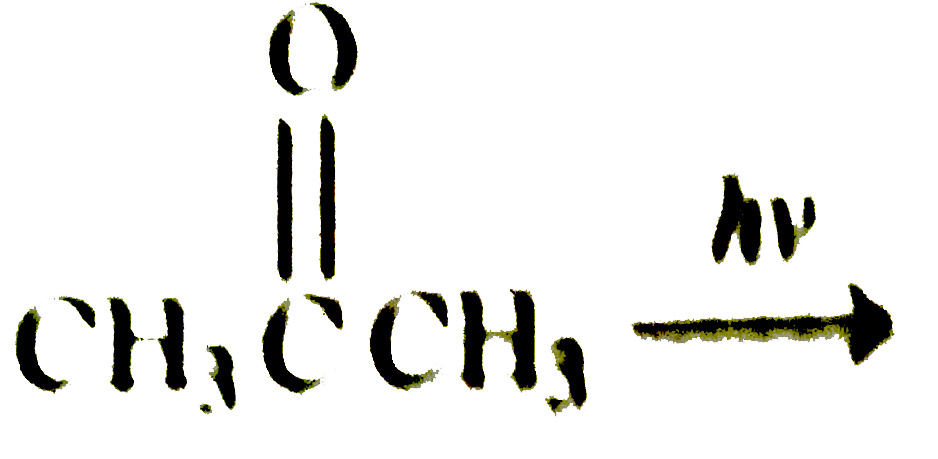

In all cases.
The correct Answer is:D
Step by step video, text & image solution for Organic reactions take place through the formations of reactive carbon intermediates formed by cleavage of covalent bonds. Formation of these intermediates depends upon the dissociation energies of covalent bonds. In which cases, free radicals can be formed by homolytic fission ? by Chemistry experts to help you in doubts & scoring excellent marks in Class 12 exams.
Topper's Solved these Questions
- BOOK - DINESH PUBLICATIONCHAPTER - BASIC PRINCIPLES OF ORGANIC CHEMISTRYEXERCISE - REASON ASSERTION TYPE MCQS12videos
BASIC PRINCIPLES OF ORGANIC CHEMISTRY
- BOOK - DINESH PUBLICATIONCHAPTER - BASIC PRINCIPLES OF ORGANIC CHEMISTRYEXERCISE - ULTIMATE PREPARATORY PACKAGE51videos
BASIC PRINCIPLES OF ORGANIC CHEMISTRY
- BOOK - DINESH PUBLICATIONCHAPTER - BASIC PRINCIPLES OF ORGANIC CHEMISTRYEXERCISE - SELECTED STRAIGHT OBJECTIVE TYPE MCQS64videos
BASIC PRINCIPLES OF ORGANIC CHEMISTRY
- BOOK - DINESH PUBLICATIONCHAPTER - ALKALI EARTH METALSEXERCISE - Unit test-125videos
ALKALI EARTH METALS
- BOOK - DINESH PUBLICATIONCHAPTER - BIOMOLECULESEXERCISE - MATRIX - MATCH TYPE8videos
BIOMOLECULES
Similar Questions
Knowledge Check
- Question 1 - Select One or More
In which cases, free radicals can be formed by homoytic fission?
AH3C−O∣∣C−CH3hv−−→BR−N=N−Rhv−−→C DCH3−O−O−CH3hv−−→
DCH3−O−O−CH3hv−−→ - Question 2 - Select One
Organic reactions take place through the formations of reactive carbon intermediates formed by cleavage of covalent bonds. Formation of these intermediates depends upon the dissociation energies of covalent bonds.
Which is most stable carbocation ?A B
B C
C D
D
- Question 3 - Select One or More
Organic reactions take place through the formations of reactive carbon intermediates formed by cleavage of covalent bonds. Formation of these intermediates depends upon the dissociation energies of covalent bonds.
2. In which cases free energy may decrease, if there can· be some intramolecular rearrangement ?A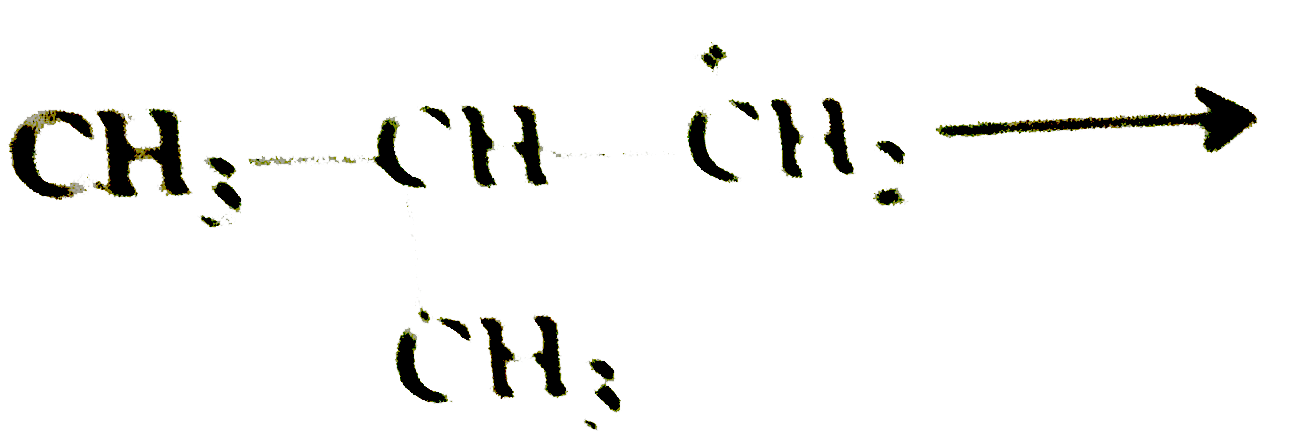 B
B C
C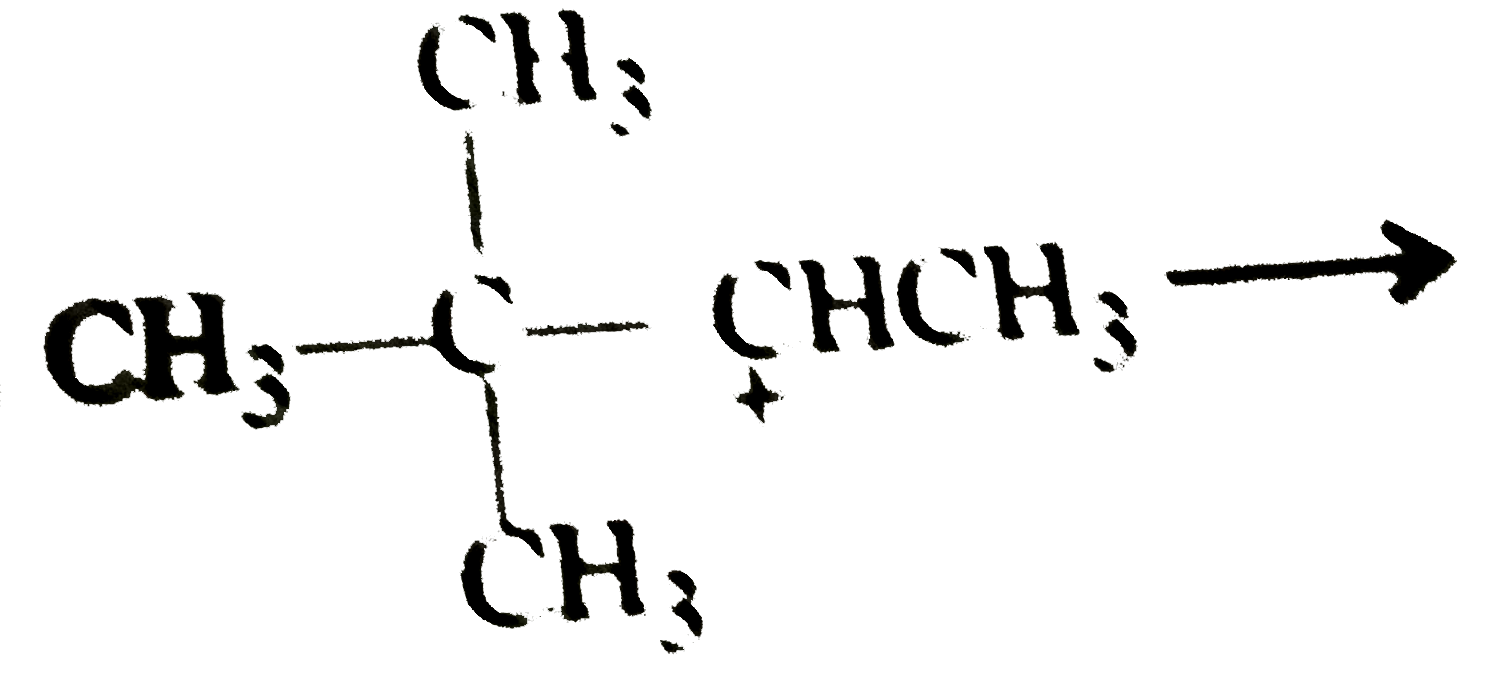 D
D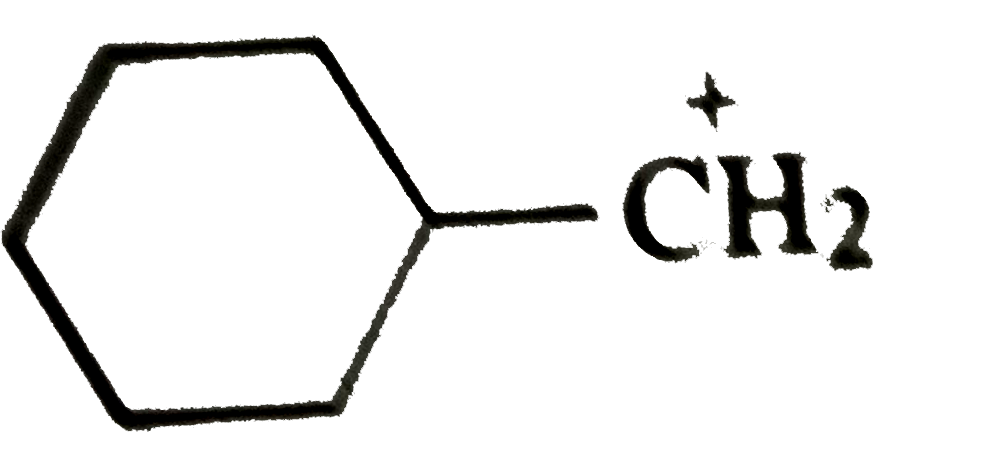
Organic reactions take place through the formations of reactive carbon intermediates formed by cleavage of covalent bonds. Formation of these intermediates depends upon the dissociation energies of covalent bonds.
1. Which is not the intermediate formed by cleavage of covalent bonds.View SolutionOrganic reactions take place through the formations of reactive carbon intermediates formed by cleavage of covalent bonds. Formation of these intermediates depends upon the dissociation energies of covalent bonds.
When a methyl radical is formed from CH3Cl, select the incorrect statement.View SolutionOrganic reactions take place through the formations of reactive carbon intermediates formed by cleavage of covalent bonds. Formation of these intermediates depends upon the dissociation energies of covalent bonds.
Consider the following transformations

Carbon species formed in A, B and C are respectivelyView SolutionOrganic reactions take place through the formations of reactive carbon intermediates formed by cleavage of covalent bonds. Formation of these intermediates depends upon the dissociation energies of covalent bonds.
3. In the following diagram, stability of different radicals have been represented. These can be

Match the potential curve with free radical
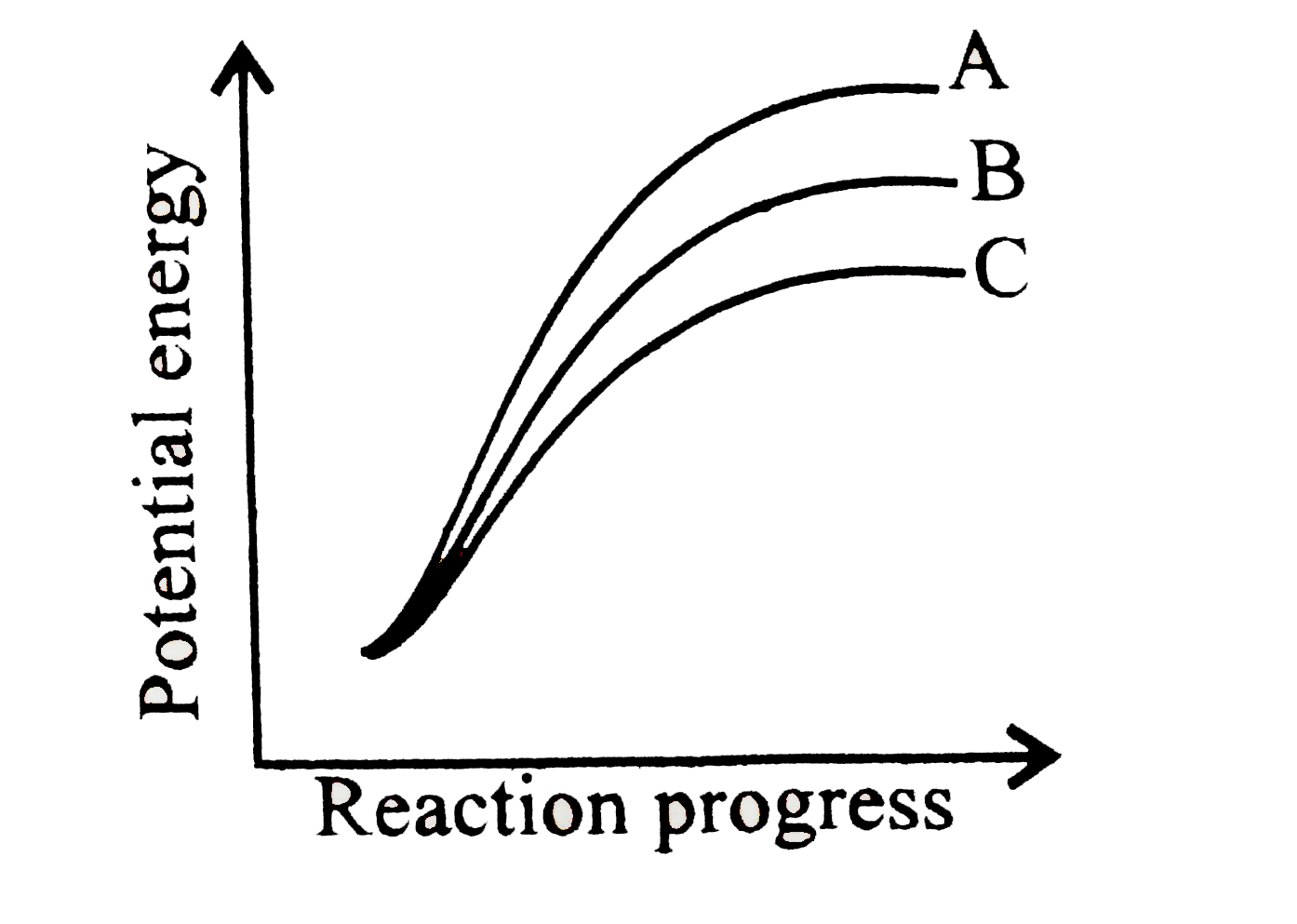 View Solution
View SolutionWhich is not the intermediate formed by the unsymmetrical fission cleavage of covalent bonds?
View Solution

